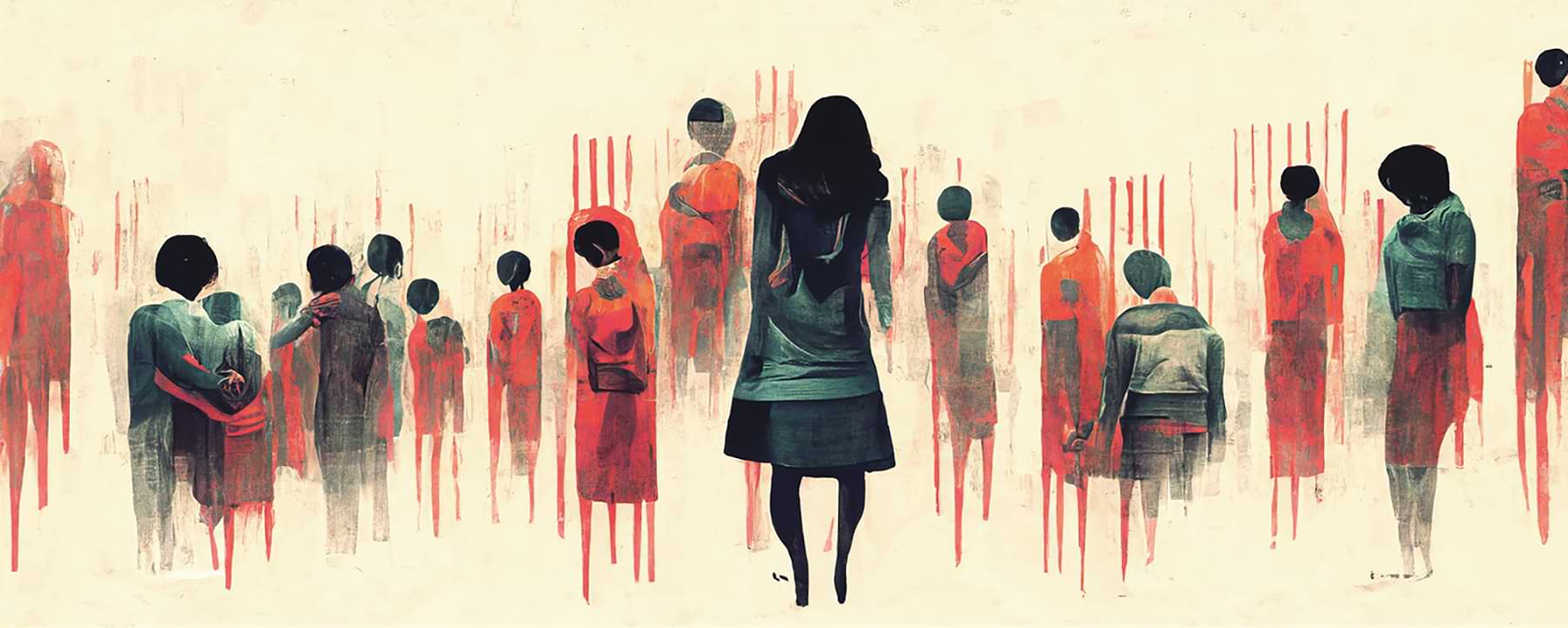

Being a young girl didn’t blunt the brutality of slave life, yet the system’s cruelty didn’t crush her desire to taste freedom again. Every year under the lash increased her yearning for liberation.
In 1843, Carlota conspired with another enslaved African woman, Fermina, to overthrow their down pressers. The plan was for simultaneous uprisings on all the plantations in the Matanzas province. Fermina was betrayed to one of the slaveowners, which led to her torture and imprisonment. Fermina withheld Carlota’s name and plans from her captors, but Carlota broadcasted their plans to area plantations with her talking drums.
On November 5, Carlota and her followers freed Fermina and about twelve others, then torched the building in which they had been detained. That was only the first blaze. The revolt burned across at least five sugar plantations, along with coffee and cattle plantations.
The next day, the Spanish colonial forces brought their guns to the machete fight. After being captured, many accounts indicate that Carlota was drawn and quartered. Fermina and other rebels were shot, while others were hanged. Carlota’s life ended one day after the rebellion began, but her leadership inspired Black Cuban resistance until the island gained its independence from Spain in 1898.
On November 5, 1975, Fidel Castro appropriated Lukumi’s legacy by calling Cuba’s intervention in the Angolan conflict, “Operation Carlota.” Communism allegedly ended systemic racism in Cuba, but many Afro-Cuban activists say this pretense of colorblindness is their biggest problem in fighting anti-Blackness. If true, sacralizing an African woman’s bravery to disguise it dishonors the past and present.